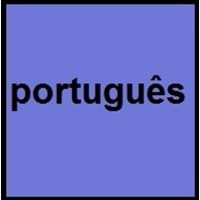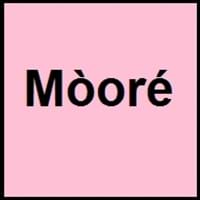Portuguese vs Mossi
- Portuguese language has absorbed many words from French, Italian, Arabic and also from indigenous South American and African languages.
- The first written document in Portuguese language was found in the 12th century.
- Mossi languages use pitch to distinguish meanings.
- Mossi is the 2nd largest ethnic group in Ivory Coast.
Portuguese and Mossi Language History
Comparison of Portuguese vs Mossi language history gives us differences between origin of Portuguese and Mossi language. History of Portuguese language states that this language originated in 3rd Century whereas history of Mossi language states that this language originated in Not available. Family of the language also forms a part of history of that language. More on language families of these languages can be found out on Portuguese and Mossi Language History.
Portuguese and Mossi Greetings
People around the world use different languages to interact with each other. Even if we cannot communicate fluently in any language, it will always be beneficial to know about some of the common greetings or phrases from that language. This is where Portuguese and Mossi greetings helps you to understand basic phrases in Portuguese and Mossi language. Portuguese word for "Hello" is Olá or Mossi word for "Thank You" is Laafi bala. Find more of such common Portuguese Greetings and Mossi Greetings. These greetings will help you to be more confident when conversing with natives that speak these languages.
Portuguese vs Mossi Difficulty
The Portuguese vs Mossi difficulty level basically depends on the number of Portuguese Alphabets and Mossi Alphabets. Also the number of vowels and consonants in the language plays an important role in deciding the difficulty level of that language. The important points to be considered when we compare Portuguese and Mossi are the origin, speaking countries, language family, different greetings, speaking population of these languages. Want to know in Portuguese and Mossi, which language is harder to learn? Time required to learn Portuguese is 24 weeks while to learn Mossi time required is 30 weeks.





